Ferdia Lennon’s novel Glorious Exploits brings to life an episode from the Peloponnesian War, when seven thousand Athenian soldiers were captured and crowded into a quarry outside Syracuse after a failed attack on the city. As Fintan O’Toole suggests in his review in our November 7, 2024, issue, the book “makes us feel like its story is happening now.” This is thanks in part to its tone, the way Lennon layers “his own Irishness over the classical narrative,” and in part because the fate of the prisoners “prefigures so many of European history’s lagers and gulags and prisoner-of-war camps.” The subject of power and its abuses is also eerily close to another recent essay by O’Toole, from our November 21 issue, on Donald Trump’s ugly rhetoric in casting Kamala Harris as a monstrous, because female, threat to the United States.
Fintan O’Toole is the Advising Editor of The New York Review, and has been contributing essays on history, fiction, and politics, as well as trenchant portraits of political leaders, to our pages for more than twenty-five years. His most recent book, We Don’t Know Ourselves (2021), exemplifies his flair for reading historical events through human drives and emotions, in this case to create a portrait of Ireland as it has grown and changed during his lifetime.
Last week I wrote to O’Toole to ask him about Irish literature, war stories, and the election.
Jana Prikryl: Much of Glorious Exploits turns on the idea that, contra W. H. Auden’s famous line, poetry does make things happen. (In Lennon’s novel, knowing the plays of Euripides literally helps the prisoners survive their ordeal in Syracuse.) Would you say this notion of literature’s power is generally true? I’m thinking in part of events during your own lifetime in Ireland, where literature is especially vital and history bloody.
Fintan O’Toole: In “Man and Echo,” W. B. Yeats asked, “Did that play of mine send out/Certain men the English shot?” Paul Muldoon, in “7 Middagh Street,” turns that question back into absurdity: “If Yeats had saved his pencil-lead/would certain men have stayed in bed?” But there’s maybe some middle ground. Auden, after all, continues his claim that poetry makes nothing happen: “It survives/In the valley of its making.” Lennon, in his novel, makes poetry (the dramatic verse of Euripides) into a literal means of survival for the prisoners and a more figurative one for compassion and connection. I really do think the extraordinary generation of Irish poets during the Troubles ultimately affected politics just by holding open a different kind of linguistic and imaginative space. They didn’t make things happen, but they kept alive the possibility of a more fluid and ambiguous way of understanding reality. In the end, that was the space that a peace process could enter.
The way this novel combines brutal historical events with a “jaunty tone,” as you called it, seems central to its appeal, and I wonder if that pairing has any unexpected antecedents that you didn’t get to discuss in your essay?
It’s there all the time in Shakespeare, of course: the Porter coming on with his dirty jokes just after Duncan has been butchered, Richard III’s creepily playful cruelty, Hamlet’s airy dismissals of his own crimes, as when he berates the corpse of poor old Polonius. And I suppose there’s a whole tradition of war novels in which the horrors are seen from the point of view of an essentially comic figure—Hašek’s The Good Soldier Švejk being perhaps the outstanding example. We’re never quite sure whether the protagonist, a Czech solider in the Austro-Hungarian army during World War I, is a genuine idiot or a genius whose incompetence is a devious form of sabotage and protest.
It’s a risky business, though. It’s strange now to look back, for example, on the enormous popularity of the movie and TV series M*A*S*H in the 1970s, where the Vietnam War is displaced onto its Korean predecessor and antiwar sentiment is channeled into an often misogynistic kind of comedy, complete (in the case of the TV series) with canned laughter. It feels like a very profound historical moment is being cleverly processed into an ultimately unthreatening cynicism. One of the things I like about Lennon’s novel is that the narrator’s foolishness and insensitivity to the suffering of the Athenians are not fixed in place. He’s growing with the story and acquiring a richer sense of humanity. The comedy is also reaching toward recognition.
Is there anything that makes this book particularly Irish? I don’t mean to be cheeky, but I sometimes wonder if the outsize excellence and success of “Irish literature” haven’t somehow altered it over the years?
I think Lennon handles this very cleverly. On the one hand, the voice is very working-class Dublin, which means readers might think, for example, of Roddy Doyle. But on the other hand, when Ireland is hinted at in the narrative itself it’s as a place way out there on the edge of the world. The Irishness is at once very close and very distant, which has a nicely playful, teasing quality.
I think I would say that “Irish literature” in English has always had that outsized quality. Even with contemporary novelists like Anne Enright, Colm Tóibín, or Sebastian Barry, there are grand historical forces pulsing just underneath the intimate action. There are certainly great miniaturists in the Irish tradition: short story writers like Frank O’Connor or Mary Lavin. But arguably the mainstream has never been realist—it’s drawn toward the fantastical, the mythical, and the universal. After all, the first great Irish work of literature in English is Gulliver’s Travels—being outlandish is in the DNA. And Lennon is not the first to relish the possibilities of appropriating an ancient Greek story to a Dublin sensibility. James Joyce got there a long time ago with Ulysses.
Indeed, can any Irish writer after Joyce hope to distinguish his appropriation of the Greek myths? This strikes me as one of the bolder choices that Lennon has made. And as far as I can tell, he does it almost innocently, there’s nothing “modernist” about it!
It would seem to make sense for Irish writers to conclude that Joyce had completed the job of what Buck Mulligan in Ulysses calls “Hellenizing Ireland,” so there is no point in going there again. But in fact, Irish writers can’t leave the Greeks alone. Seamus Heaney was always drawn back into the tragedies, whether in The Cure at Troy or in poems like “Mycenae Lookout.” Probably the best poem in response to the outbreak of peace in Northern Ireland was Michael Longley’s “Ceasefire,” which retells an episode from the Iliad as a metaphor for the IRA’s decision to lay down its arms. The playwright Marina Carr has been creating a wonderful series of dramatic reimaginings of Euripides and Sophocles. Tóibín’s The House of Names and Pale Sister are intriguing reworkings of Orestes and Ismene, respectively. And so on.
My rough explanation for all of this would be that Ireland is a culture that has been sloughing off its own dominant myth-world, which was that of Catholicism. But it still has a hunger for those vast, cosmic, visceral stories, which it finds in returning to the Greeks. Lennon, though, does something else. Instead of Hellenizing Ireland, he’s Hibernicizing ancient Greece. Glorious Exploits does, of course, draw heavily on Euripides but it also has, as you suggest, a decidedly unmodernist realism in its painstaking reconstruction of what life in Syracuse might actually have been like 2,500 years ago. History is as potent a presence as myth. And he gives us a sense of place that has the intimacy of Irish writing—we know all about living in small worlds in which big things happen.
It’s hard to be days away from the US election and think of anything else. How are you seeing the “race” just now?
I suppose like everybody else I’m on edge because that’s where the race is. I don’t doubt that Harris will win the popular vote, but the American system is so crazy that it may all come down to a relative handful of votes in half a dozen states. For what little it’s worth, my gut instinct is that Harris will win. Firstly, because Trump has actually failed in every election, directly or indirectly, since his run of luck in 2016. And secondly because the closer the election gets the more his mental decline comes into focus and the more hesitancy there may be among the few undecided voters about the idea of him being president when he’s eighty-two and even more disinhibited than he is now. Maybe it’s wishful thinking, but I still go with Nikki Hayley’s prediction that whichever party ditched its octogenarian candidate first would win.

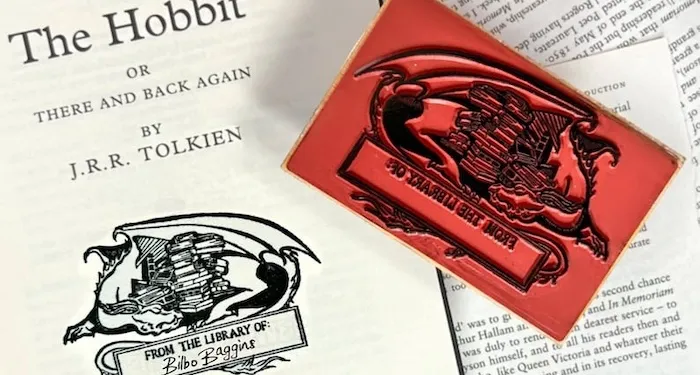

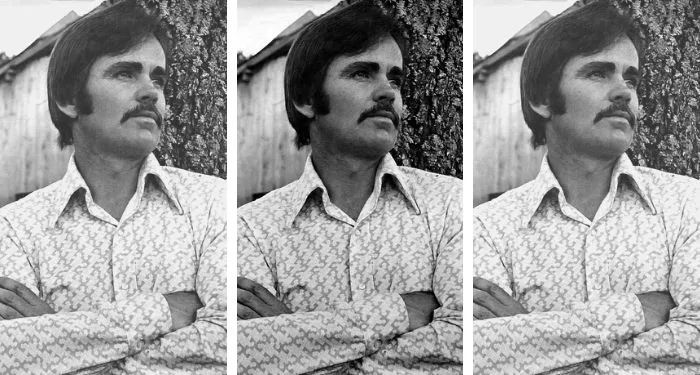


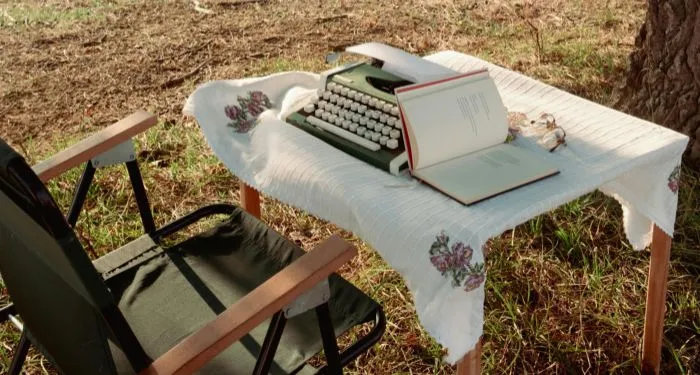
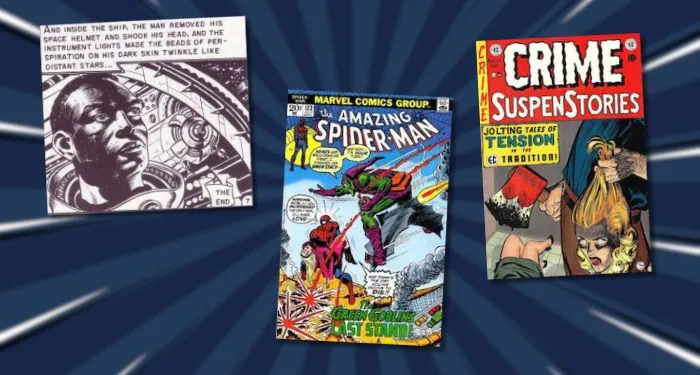
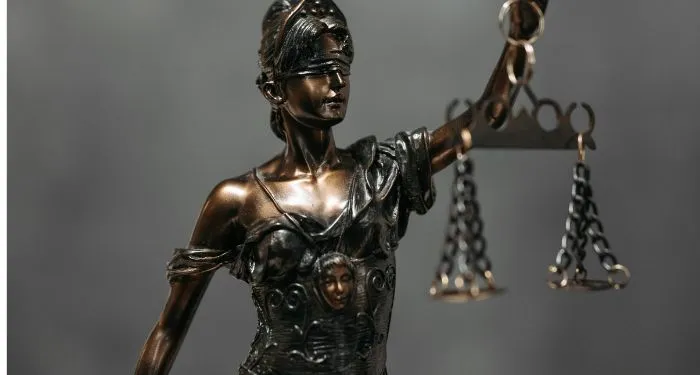

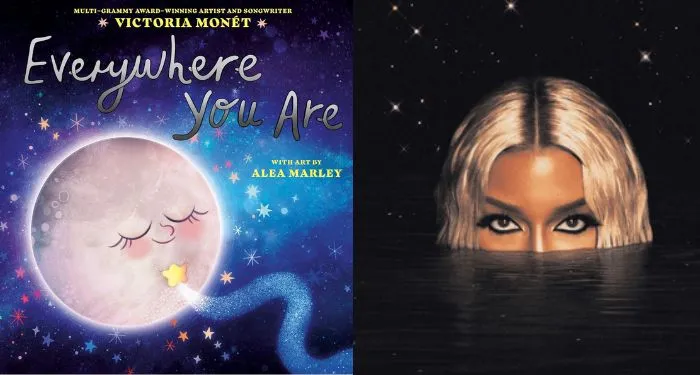





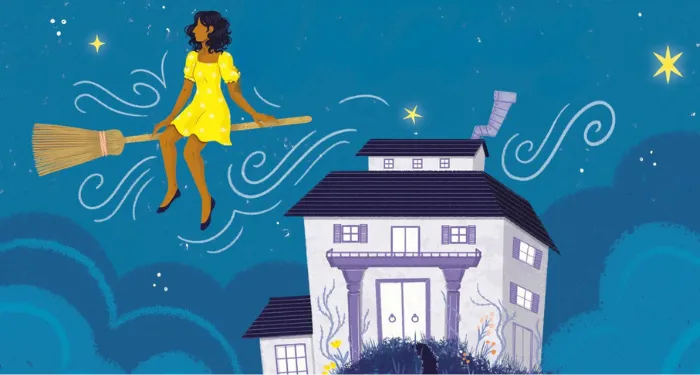


 English (US) ·
English (US) ·